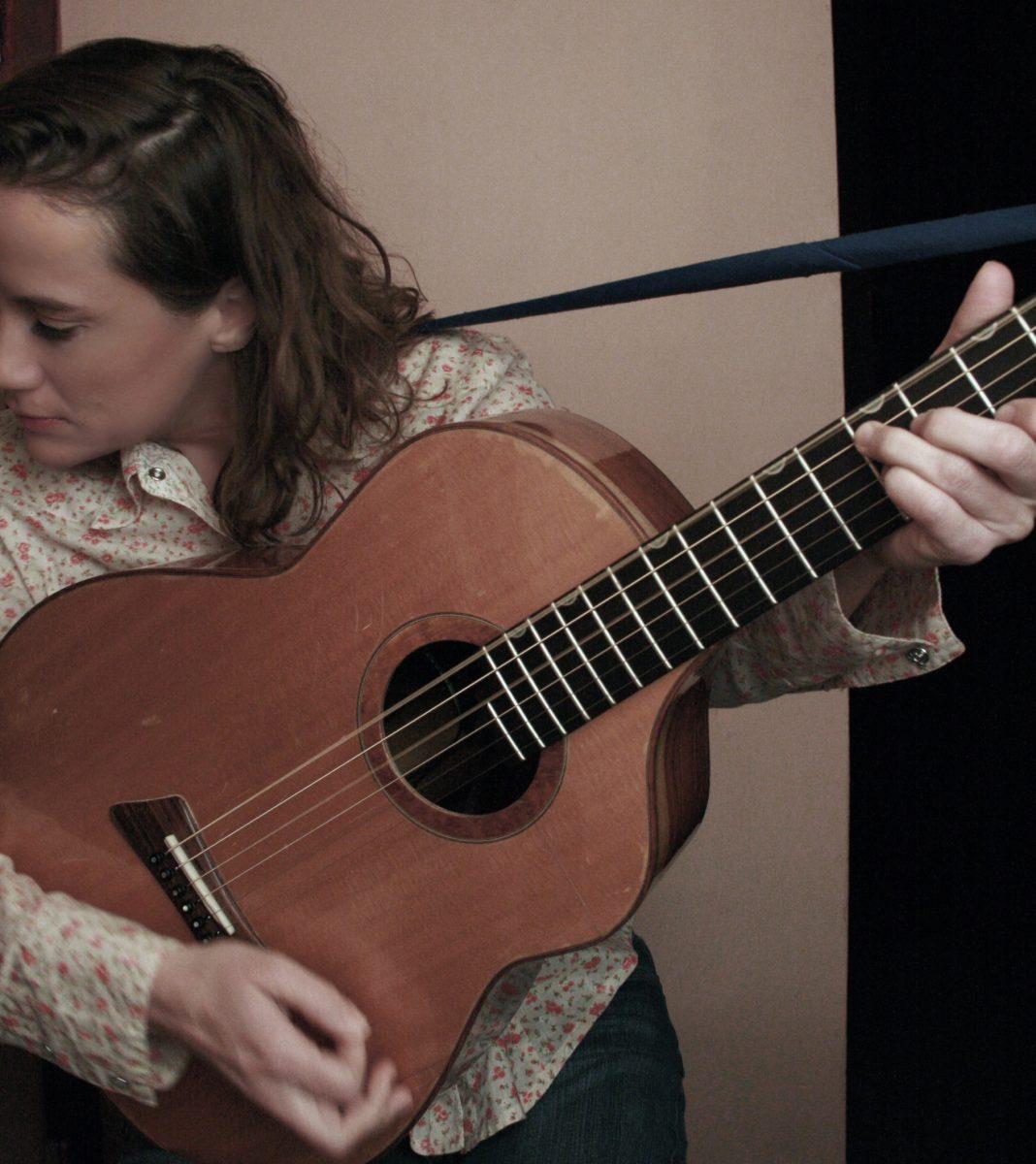“How do you get the joy out of Jesus?” a close friend asked singer-songwriter Susan Werner one night at a gospel music festival in 2006. “How do the rest of us relate to and negotiate that truth? Doing a gospel project that talked about the call at the center of it all was just too interesting [to pass up].” Werner speaks of her inspiration for her last album, “The Gospel Truth”, which discussed the dualistic nature of the gospel music found in Christianity and her own agnosticism.
Long celebrated by The Village Voice, Washington Post and Chicago Tribune, folk-jazz-gospel guitarist/pianist Susan Werner is a rarity on today’s music scene. She has a class and wit to her mannerisms and lyrics that feels like it rolled right out of the roaring 20’s. Her voice shows its opera training as it moves like a cold line of ice down the listener’s back, the artist herself a medium of lyrical and melodic prowess.
“My life is lived on the interstates,” said Werner, the cell phone cradled between her shoulder and ear as she drives solo on her national tour. She jokes that “the things in-between those interstates should be removed… like Wyoming, they have no need for me and I’ve never been there.” I ask if North Carolina made the cut on Werner’s list of states-that-annoy-her. “We’re not going to remove N.C. when I take over the world. There’s a vitality to certain places, and Raleigh has it, like Madison or Austin. Audiences there have a high opinion of themselves, and they’re a joy to play for,” Werner said.
Werner is one of those artists that has a life all to herself off-stage. Conversation about religion moves effortlessly when someone has had to put those beliefs to music in front of large audiences day in and day out.
“[With “The Gospel Truth”] I put songs of faith next to songs of doubt. That’s how many of us come to the church. Because it inspires us but also excludes and condemns us. I wanted to write a project that was honest about both of those, because there’s plenty of doubt in the pews,” Werner said.
Werner’s fans jokingly call her a “lapsed Catholic,” but while it’s funny for the fans, a person’s religion has always been something deeper than a one-liner. The album’s last line is “but I would like to think,” and the question lingers there, open to interpretation. The overt witticisms and subtle philosophy of her music find common ground and it becomes flow rather than clutter. Is Werner’s journey over with no ultimate answer to be found?
“[I became an agnostic] after I went to college, and one of the requisite courses was Intro to World Lit and a portion of that class was dedicated to The Bible,” Werner said. “You start asking questions about why certain books were chosen for The Bible and why others were not and begin to see it as a political document that served political ends.”
Werner harkens back to her musical ancestors Bob Dylan and Joan Baez, who were born out of the revolutionary spirit of their own generation. Werner found her own gospel in the decades to follow.
“You could call it protest gospel,” Werner said. “The rise of the religious right in the 80’s made it so that people didn’t want to touch that kind of music. But now there’s a reemergence of the religious left, as in a social and engaged gospel.”
She is a woman less compelled by beliefs and more compelled by that most seductive of deities: art.
“I started playing guitar when I was five,” Werner said. “It was all I wanted to do, and it worked out. Your parents were wrong, if you’re reading this and think you need a back-up plan, your parents were wrong. Go do what you love. Go find where your talents and your revenue meet.”
Her evolution as an artist is evident in her new album, “Classics,” brings together the pop of Marvin Gaye, Paul Simon and Cat Stevens with the classical music.








